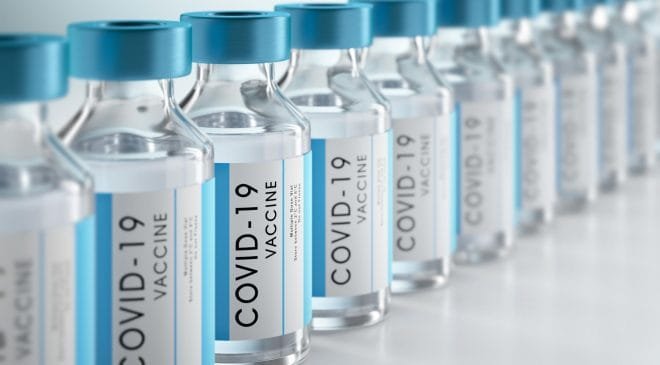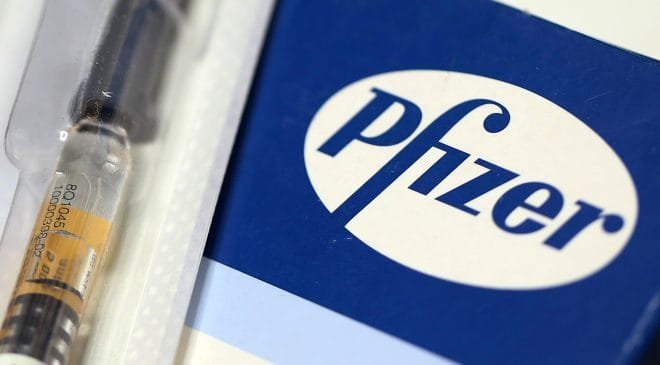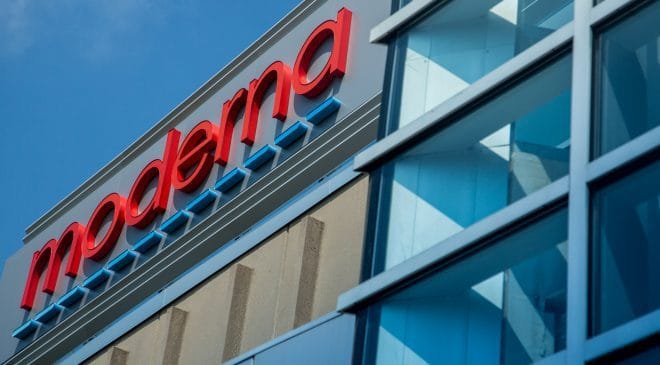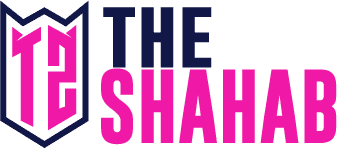The COVID vaccine was developed by Pfizer/BioNTrch as a booster injection. It is 95.6 percent effective against Coronavirus symptoms, according to Pfizer, and its primary objective is to increase immunity.
According to Pfizer, who tested the data on 10,000 adults aged 16 and over, giving a booster injection is 95.6 percent successful.
What is a vaccination booster, and who qualifies for it?
The vaccination booster is an extra layer of protection provided to individuals who are qualified. Anyone can take this vaccination if they have regained their immunity naturally after receiving regular vaccine doses.
When it comes to who is eligible to receive this vaccination, individuals who have finished their two doses of the Pfizer-BioNTech COVID-19 vaccine at least six months ago are eligible.

Who is giving Pfizer the ‘vaccine boost’?
Johns Hopkins Medicine is now giving the Pfizer-BioNTech COVID-19 vaccination booster to eligible patients, according to the Centers for Disease Control and Prevention (CDC) and the United States Food and Drug Administration (FDA).
Why do I require this vaccine’s third dose?
The third dose of vaccination, known as a “vaccine booster,” is critical to get since it ensures that you will not be harmed by future new forms of the virus, as well as building or maintaining immunity to fight the infection more successfully.
Can anyone take this, regardless of whether or not they have already had any type of vaccine?

According to reports, this vaccination booster is only available to individuals who have had Pfizer or Moderna vaccines. The CDC is issuing these recommendations based on real-world data from metropolitan areas and hospitals, according to sources. Both Pfizer and Moderna vaccines are mRNA-based vaccines.
The Jhonson and Jhonson vaccination is another vaccine that comes highly recommended. Patients who have received the Jhonson and Jhonson vaccines are not eligible for a vaccination boost, according to sources.
What happens if I get a booster vaccination before the eligibility period ends?
It will not affect your health or bodily functioning if you take a vaccination boost before finishing your six-month term following the second dosage. It will just have the effect that the vaccination boost has on you; the immunity that it boosts will be reduced. If you have had a Pfizer or Moderna vaccination, you should wait 6 months after your second dosage until an emergency happens, according to my suggestion.
Is a ‘Vaccine Boost’ required for everyone?
In reality, it isn’t required. According to the World Health Organization, immunization is effective in avoiding severe illnesses, hospitalization, and death from COVID-19.

Vaccine boosters are being offered to elderly men and women in countries such as the United Kingdom and the United States. However, according to the WHO, the focus should be on low-income nations with low immunization rates.
Is the booster vaccination free of charge?
It is, in fact, completely free. The COVID-19 booster injections will be covered by CMS at no cost to eligible customers.
Is it possible to think of it as a third dose? Or maybe we just name it a “Vaccine Boost Shot”?
There’s no better way to describe something unique, but the WHO is evaluating it as a third dosage of coronavirus vaccination.
If you are eligible for the vaccination increase, you should take it.



Comments are closed.